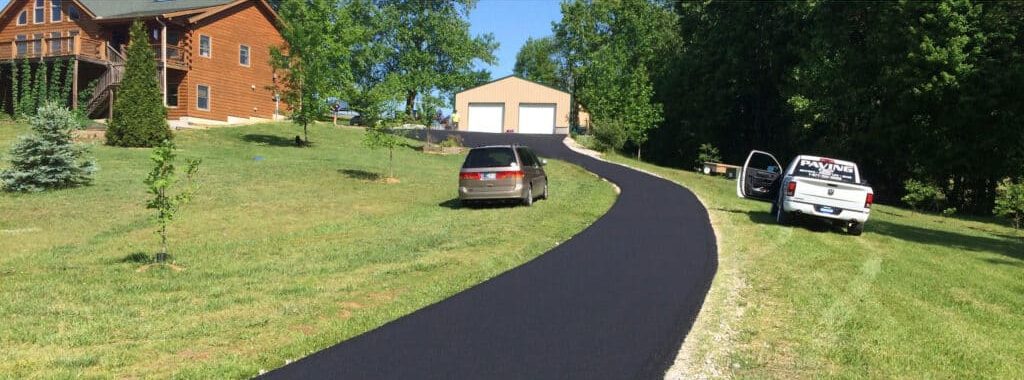Reliable Paving For Homes & Businesses

Experienced Team
With over 50 years of experience, our team guarantees expert asphalt paving services for both residential and commercial properties.
Licensed & Insured
We are fully licensed and insured, guaranteeing assurance with every paving project, no matter the size.
Quality Materials
We use only the highest quality asphalt and materials, guaranteeing durability and longevity in all our paving projects.
Customer Satisfaction
Our commitment to excellence has earned us countless positive reviews, with customers praising our reliable, high-quality service.

Asphalt Paving For Homes & Businesses In Nashville
Tristar Paving specializes in both residential and commercial asphalt paving, offering customized solutions to meet your needs. From new driveway installations to large parking lot projects, we handle every job with precision and care. Our skilled team delivers exceptional results that improve your property’s appearance and value.
Hear from Our Customers
Why Asphalt Paving Is A Great Choice
Ready to get started?
Share project details
Call us or get a free online quote to help us identify your project needs.
We'll follow up
If you requested an online quote, you can expect a callback within 24-48 hours of your request.
The floor is yours
Connect with an expert and share all project specifics.
Plan your project
Like what you hear? We'll provide next steps and expert guidance.

Improve Your Home's Driveway
Asphalt paving for residential driveways offers a smooth, durable surface that improves the appeal and safety of your home. It’s an affordable solution that increases your property’s value and functionality. At Tristar Paving, we make sure that your driveway is built to last, giving you a safe, attractive place to park your vehicles.
Improve Your Business Property
Regardless of if you need a parking lot for a retail space or a large industrial lot, Tristar Paving offers high-quality asphalt paving services for commercial properties. We understand the importance of durability and productivity for your business, and our team guarantees your parking lot or roadways are paved to last, helping your business run smoothly.

Site Assessment
We begin with a detailed assessment of your property to understand your needs and give you a customized paving solution.
Site Preparation
We prepare the site by grading and verifying proper drainage, setting a solid foundation for the asphalt.
Paving & Sealing
We lay high-quality asphalt and apply a sealant for extra protection, guaranteeing a smooth, strong finish.